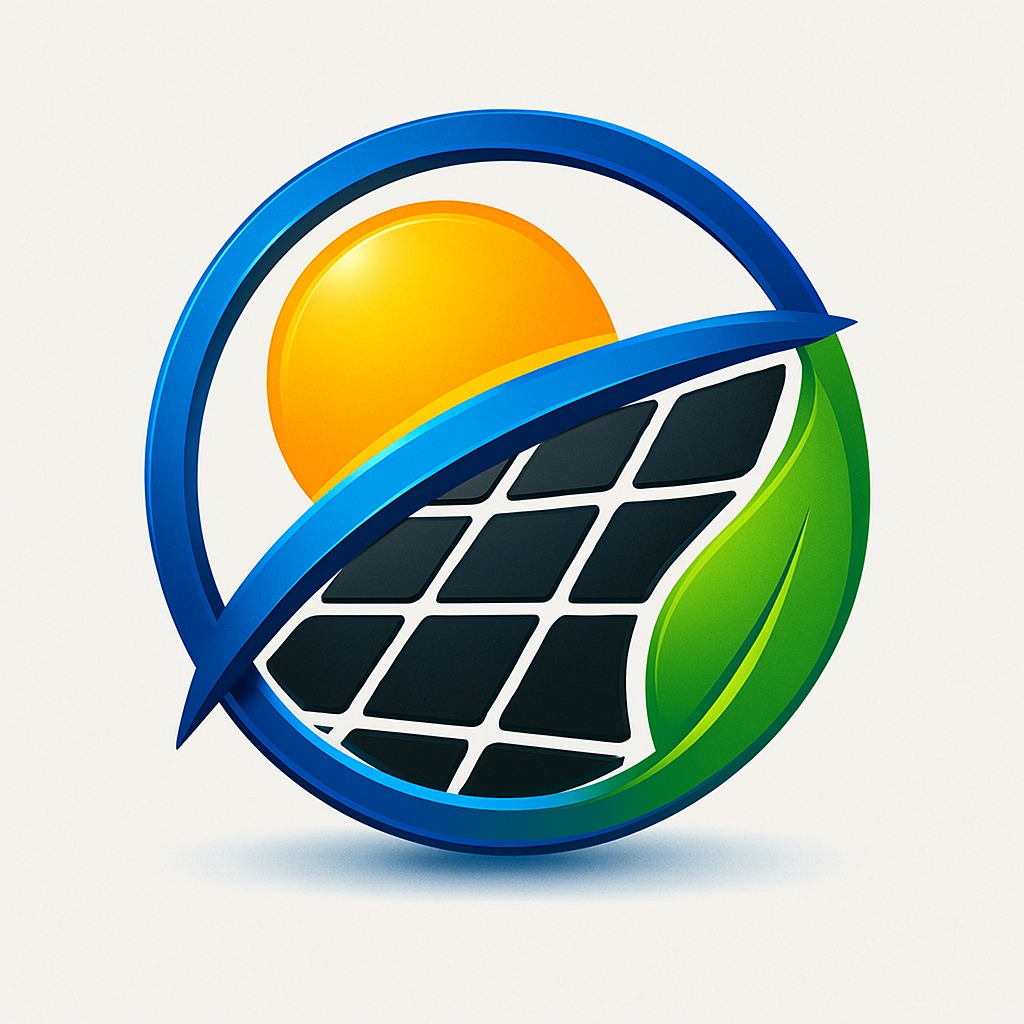FAQs
- Home
- FAQs
Frequently Asked Questions
What happens if I need more power later on?
Most systems are sized to meet your current needs, but if your energy use increases (e.g., new appliances, EV, pool), your system may be expandable. We can assess your usage and recommend upgrades or battery storage if needed.
What happens if I move?
If you sell your home, you can usually transfer the solar agreement to the new homeowner or pay off the system and factor it into the home’s value. Homes with solar typically sell faster and at a premium.
What happens on a cloudy day or at night?
Your system will still produce some power on cloudy days, just less than on sunny ones. At night, the system doesn’t produce energy—so you’ll draw from the grid or stored energy if you have batteries.
What’s the upfront cost of going solar?
That depends on whether you choose to buy, lease, or finance. Many homeowners go solar with $0 down and still save money on their electric bill from day one.
How long does installation take?
The install itself is done within 4-6 hours, but the full process (permits, approvals, utility connection) typically takes 2–6 weeks, depending on your area.
How long will my solar system last?
Most solar panels are warrantied for 25–30 years and can last even longer with minimal maintenance. Inverters usually last 10–15 years and can be replaced without needing a whole new system.
Will I still get an electric bill?
Yes, but it will be significantly reduced. You may still have a minimal monthly connection fee or pay for any extra energy used beyond what your system produces.
Is there maintenance involved?
Solar panels require very little maintenance. Occasional rinsing and an annual inspection is usually enough. We monitor performance remotely and can alert you to any issues.
Does solar work during a power outage?
Not with a standard grid-tied system. If you want backup power, you’ll need a battery system, which can keep essential appliances running during outages.
Will solar increase my home value?
Yes—according to multiple real estate studies, homes with solar often sell faster and for more money, especially if the system is owned rather than leased.
